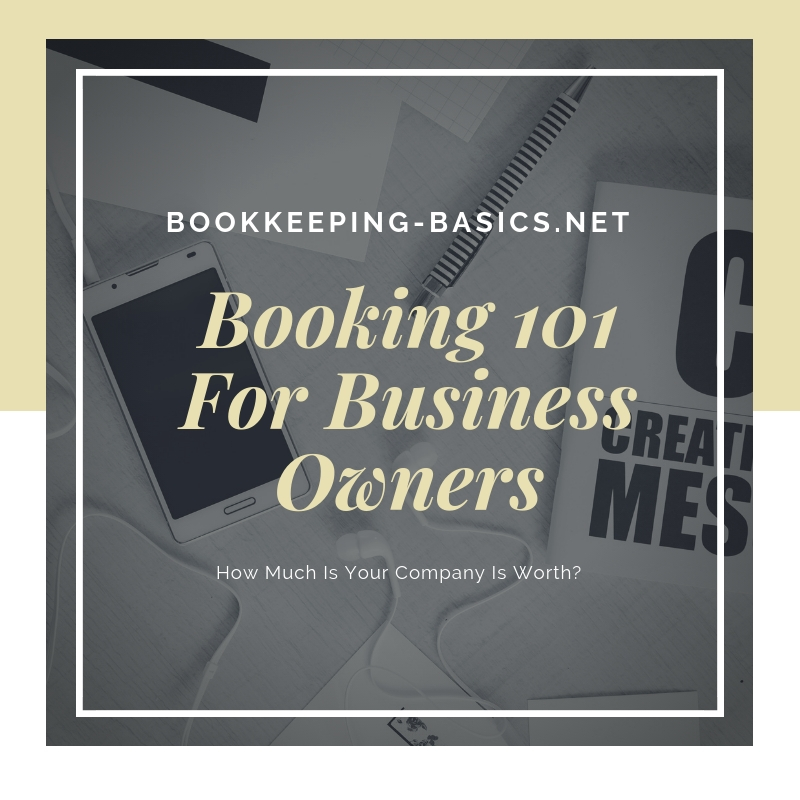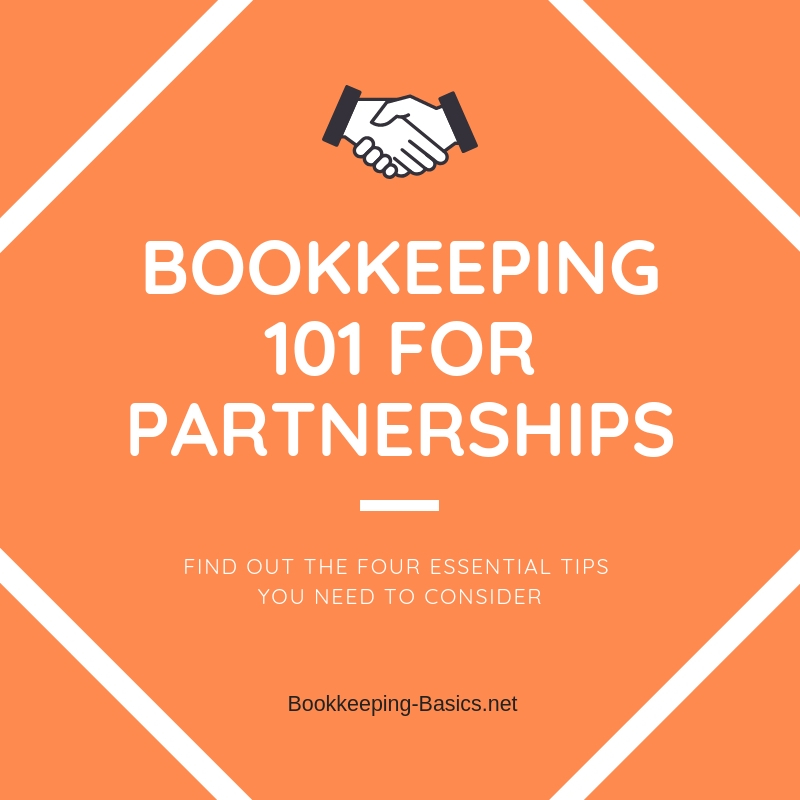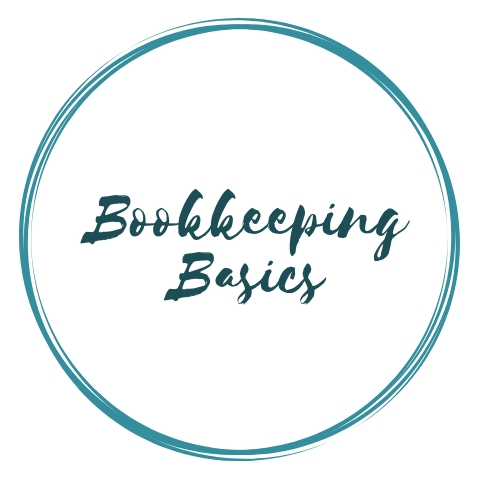- Home
- Bookkeeping 101
- Bookkeeping 101 for Business Owners
Bookkeeping 101 For Business Owners
What Is Your Company Worth?
Writing about bookkeeping 101 for business owners reminds me of this quote: “Money: You can’t live with it, and you can’t live without it. But you better understand it because until you do, it will eat your business for lunch!” —Michael Gerber, The E-Myth Contractor
You need money to hire employees, purchase equipment, and buy inventory and supplies.
And, just as importantly, you need money to help you achieve your company’s vision for your business.
Bookkeeping 101 for Business Owners - Basics
Money can be thought of as the fuel that powers your business as does your bookkeeping 101 basics. If your business uses more money than it earns, you will eventually run out of fuel and your business will simply come to a stop.
If money is like the fuel in your car, then your business plan and financial reports can be viewed as the speedometer and other gauges – your dashboard. By regularly looking at your financials you can measure the worth and health of your business.
The worth of a business is more than simply money, of course. There are intangibles such as personal satisfaction, freedom, lifestyle, contribution to society, and prominence in the business community.
These all factor into the overall worth of a business. These intangibles, however, are difficult to measure and somewhat subjective as they vary for different people. This is why the primary measure of a business’s worth is financial.
Bookkeeping 101 For Business Owners - Financials
Reviewing your accounting financials allows you to quantify the results your business activities achieve. Quantification is essential for business owners, but you have to capture the financial information, make sense of it, and use it to manage your business. Almost a Use-it-or-lose-it approach…
As an owner or CEO you don’t need to become an accountant a bookkeeper to do this. But you do need to master some basic knowledge that will enable you to take control of your finances. And bookkeeping is the foundation of accurate and timely financial information for a business.
So, what is the Bookkeeping 101 Financial Ratios program for you? Essentially it is simply knowing and understanding the basic tasks that your bookkeeper performs for your business.
In a nutshell, his or her primary function is to enter the day-to-day financial activities of your business into a general ledger, which is usually part of your accounting software.
Bookkeepers often are responsible for some or all of an organization’s accounts. This listing of accounts is known as the general ledger. They record all transactions and post debits (costs) and credits (income).
They also produce financial statements such as the Balance Sheet and Income Statement along with other reports for the
owner, supervisors and managers. Bookkeepers prepare bank deposits by compiling
data from revenue sources, verifying receipts, and sending cash, checks, or
other forms of payment to the bank.
Bookkeeping 101 For Business Owners - Functions
In a typical business operation the bookkeeper will be primarily responsible for a variety of financial functions. While your own bookkeeper – an employee or an outside firm – may do a bit more or less than what is listed here, these are the standard functions performed by bookkeeping services:
1. Entering Revenues and Expenses
Your bookkeeper records how much money is going out and where, and what money is coming and from where, by recording the revenues and expenses of your business transactions.
These records can be maintained in a journal, a popular method that details receipts and expenses, or a ledger, a method that records transactions as credits and debits.
Strictly speaking, a journal is referred to as a book of original entry. The general journal is a place to first record an entry before it gets posted to the appropriate accounts, while the general ledger houses the company's accounts.
2. Tracking Cash Expenditures
It is vitally important to record the cash your business spends so you'll have accurate figures of your expenses each year. Writing reimbursable checks or keeping petty cash records are both valid methods bookkeepers employ to document cash expenditures.
3. Recording Inventory
Maintain records of all inventories to minimize theft and the misplacing of merchandise. While you may not have your bookkeeper do the actual inventory counts, he or she must record information such as dates purchased, stock numbers, purchase prices, dates sold, and sale prices.
4. Accounts Receivable and Payable
It is absolutely essential that you keep track of what customers owe you and what debts you owe others. This is also often a required task of the bookkeeper. This tracking includes recording data such as invoice dates, numbers, amounts, terms, dates and amounts paid or due, balances, and client information.
5. Employee payroll
Having
employees makes you responsible payroll taxes. In addition, as an employer, you
are responsible for maintaining employee forms such as the W-4 (Withholding
Allowance Certification) and the I-9 (Employment Eligibility Verification).
Your company is also responsible for maintaining records on withholding,
employer matching, unemployment, and worker's compensation.
Bookkeeping 101 For Business Owners - Reports
An additional and critical task of the bookkeeper is to produce financial statements and other reports for the owner, supervisors and managers. While there are many reports that can and are produced by bookkeepers in businesses, there are a select few that you should always be receiving.
At least once a month, as an owner or CEO, you should be reviewing and analyzing at lease these three reports: Your “P&L” or profit and loss statement, which is also known as an income statement, your balance sheet and your cash flow statement.
- Income Statement = Business performance and its profitability
- Balance Sheet = Financial condition of your company in terms of assets and liabilities
- Cash Flow Statement = Movement of cash in and out of the business
Bookkeeping 101 For Business Owners - Summary
These basic financial statements provide a picture of your business, how it’s performing, and its general financial health.
You can learn more about your business from your financial statements than from any other information in your business. When you understand your income statement, balance sheet, bookkeeping basics and cash flow statements, you understand the basics of your company’s financial transactions.
Everything in your financial statements reflects something happening in your business which is why they are vital management tools. They tell you what’s working and what’s not working in your business.
So remember small business owners.. you don’t have to be an accountant or a bookkeeper to understand financial statements. And your business knowledge can guide your planning and action steps.
Bookkeeping 101 For Business Owners - Author
Stephanie Horne is an experienced bookkeeper and Enrolled Agent. She is the owner and founder of Tax Avail, Inc. in Rohnert Park, California along with this website and has over 20 years of in person, virtual and outsourced bookkeeping/accounting and tax preparation experience with businesses of all sizes.
Her love and passion is to work individually with business owners and families to help alleviate any financial stress or concerns by helping them to understand and have better control of their income, expenses, cash flow, and tax liabilities.
More Bookkeeping Basics
- Bookkeeping 101 Financial Ratios
- Bookkeeping 101 For Business Owners
- Bookkeeping 101 For Partnerships
- Bookkeeping 101 Chief Financial Officer
- Bookkeeping Basics Bookkeeping Basics
- Bookkeeping Basics And Cash Flow
- Bookkeeping Basics For Business Owners
- Bookkeeping Basics Key Financial Metrics
- Bookkeeping Basics Predictive Accounting
- Bookkeeping Basics Bookkeeping Tips
Please subscribe to my monthly newsletter, Bookkeeping Basics E-zine. It tells you every month about the new information that I have added, including some great tips and advice from myself and other Bookkeeping Basics readers.
Like Bookkeeping-Basics.net?
- Home
- Bookkeeping 101
- Bookkeeping 101 for Business Owners

















New! Comments
Have your say about what you just read! Leave me a comment in the box below.